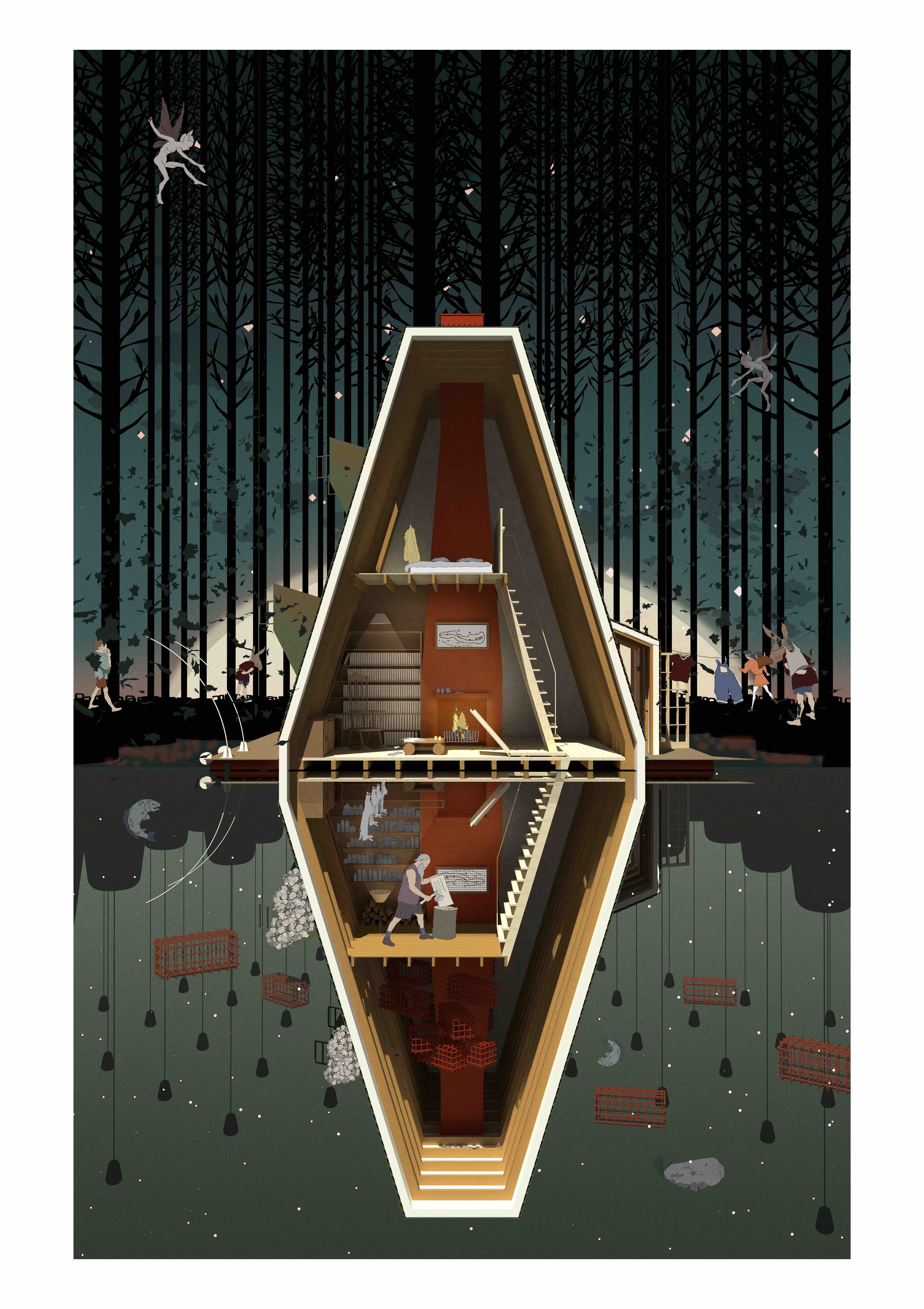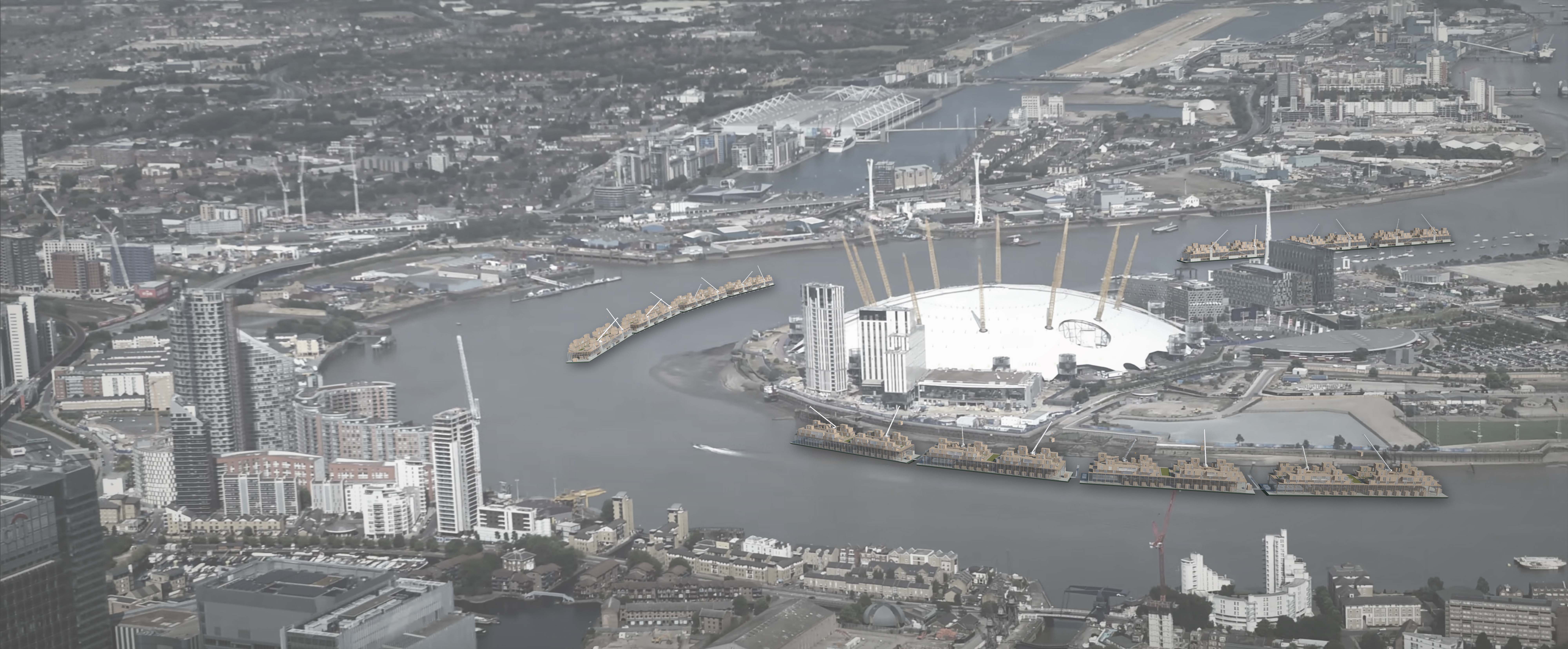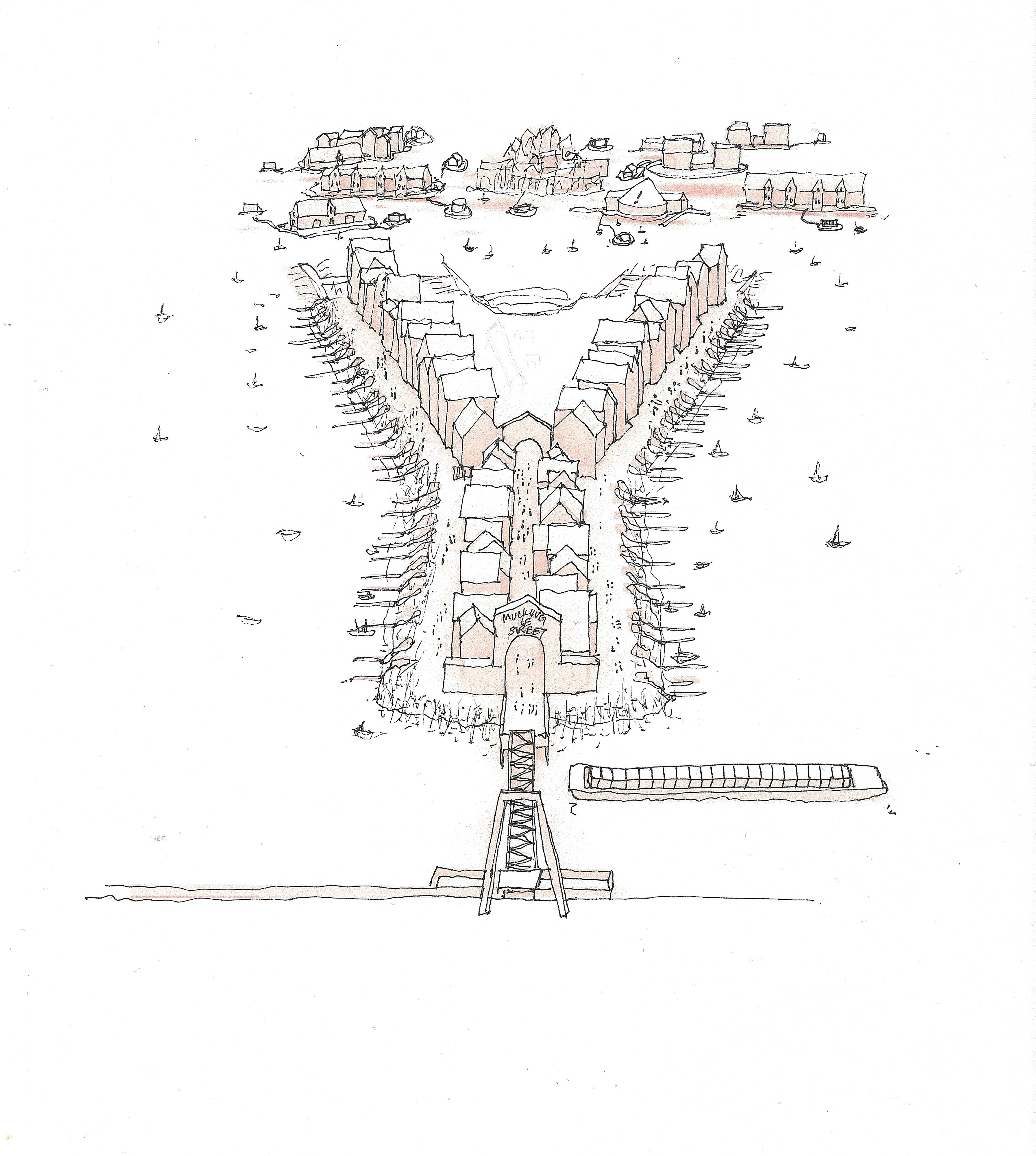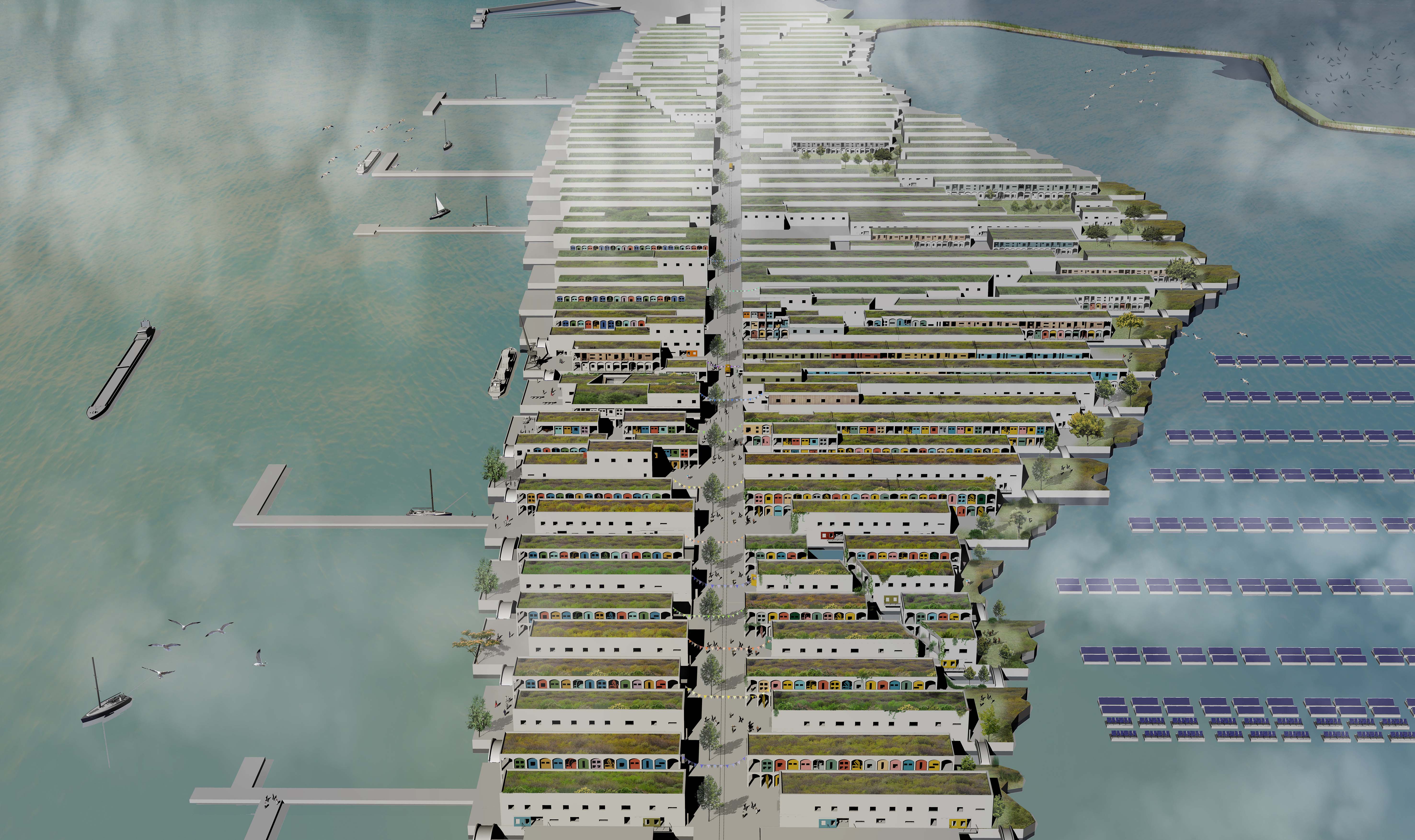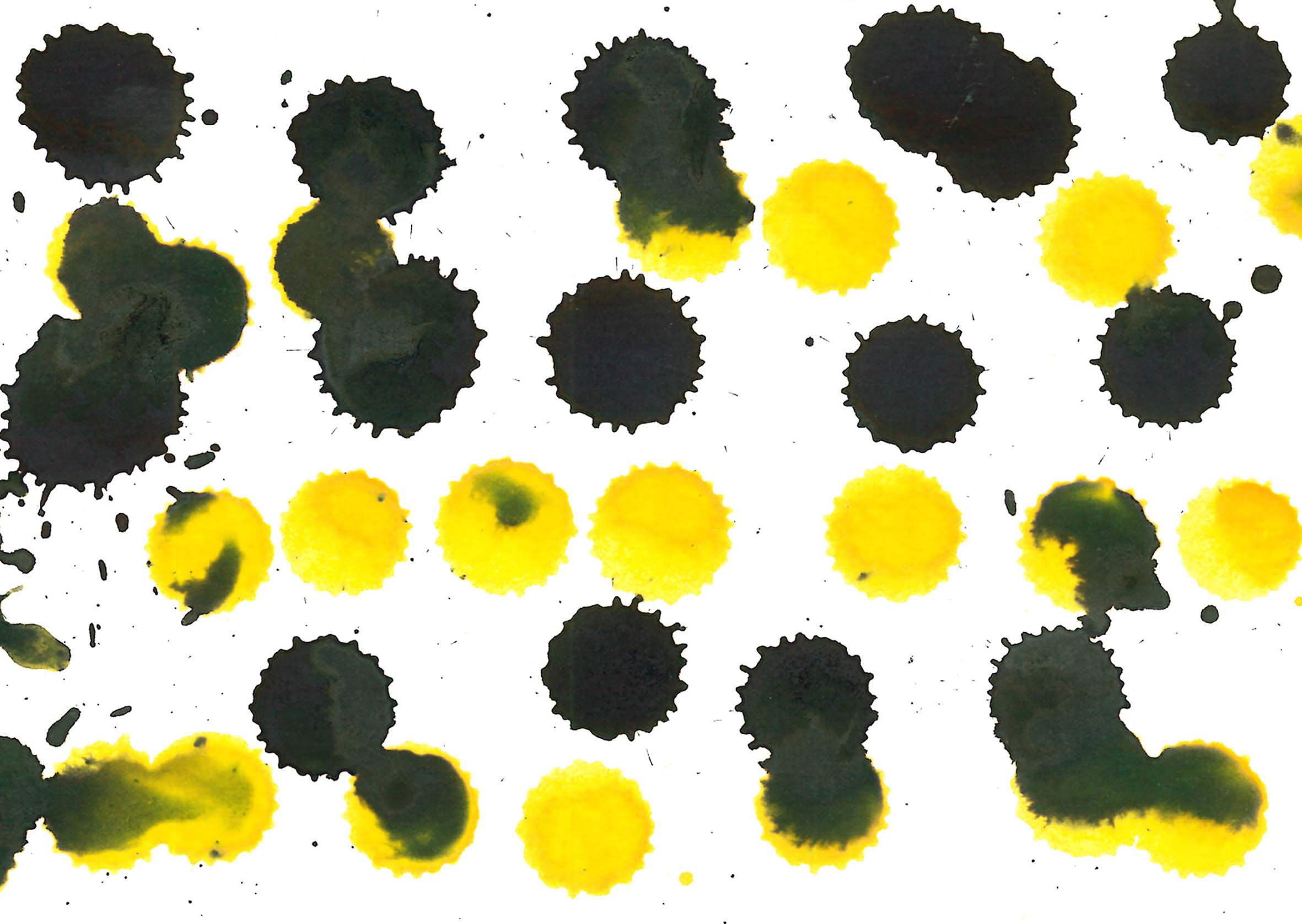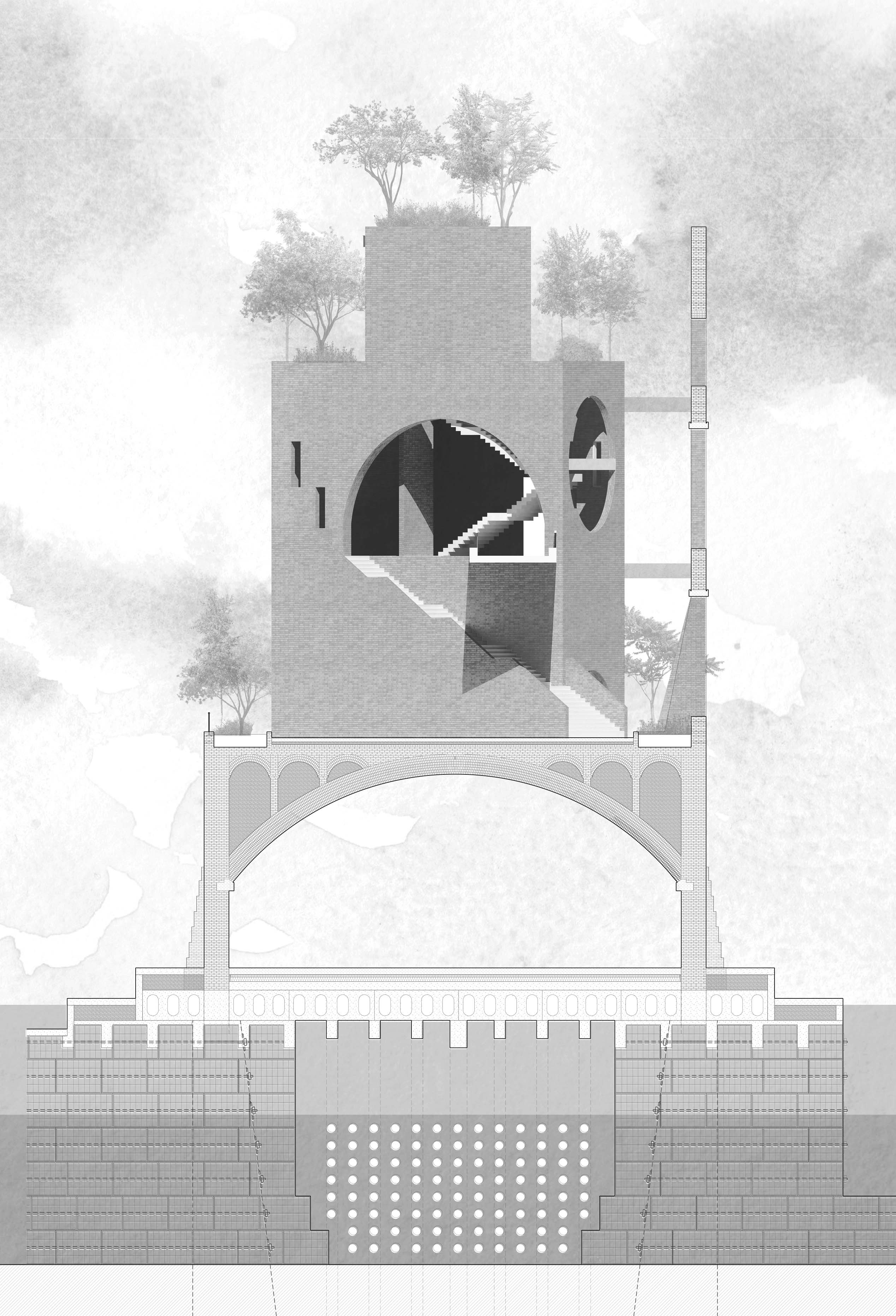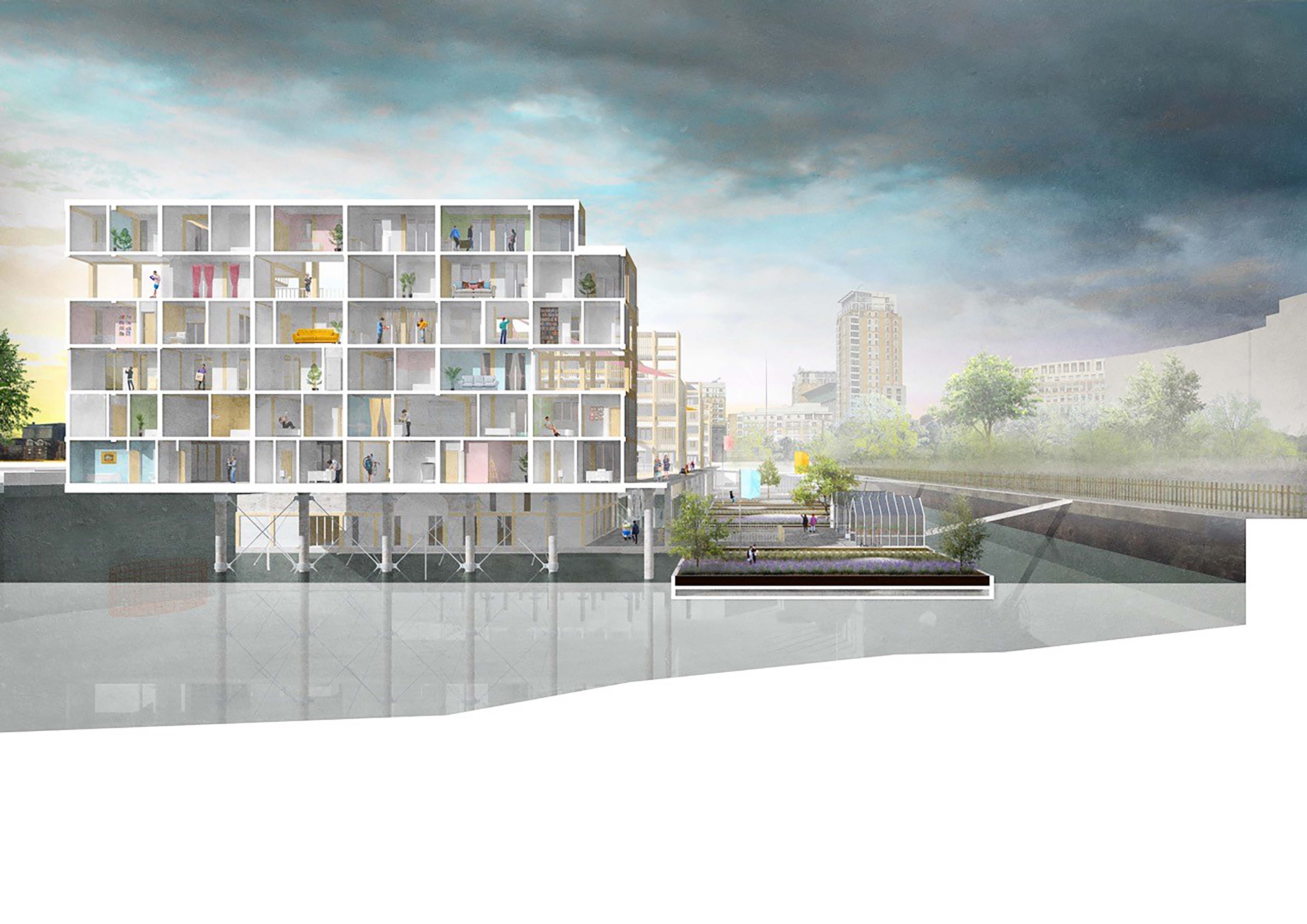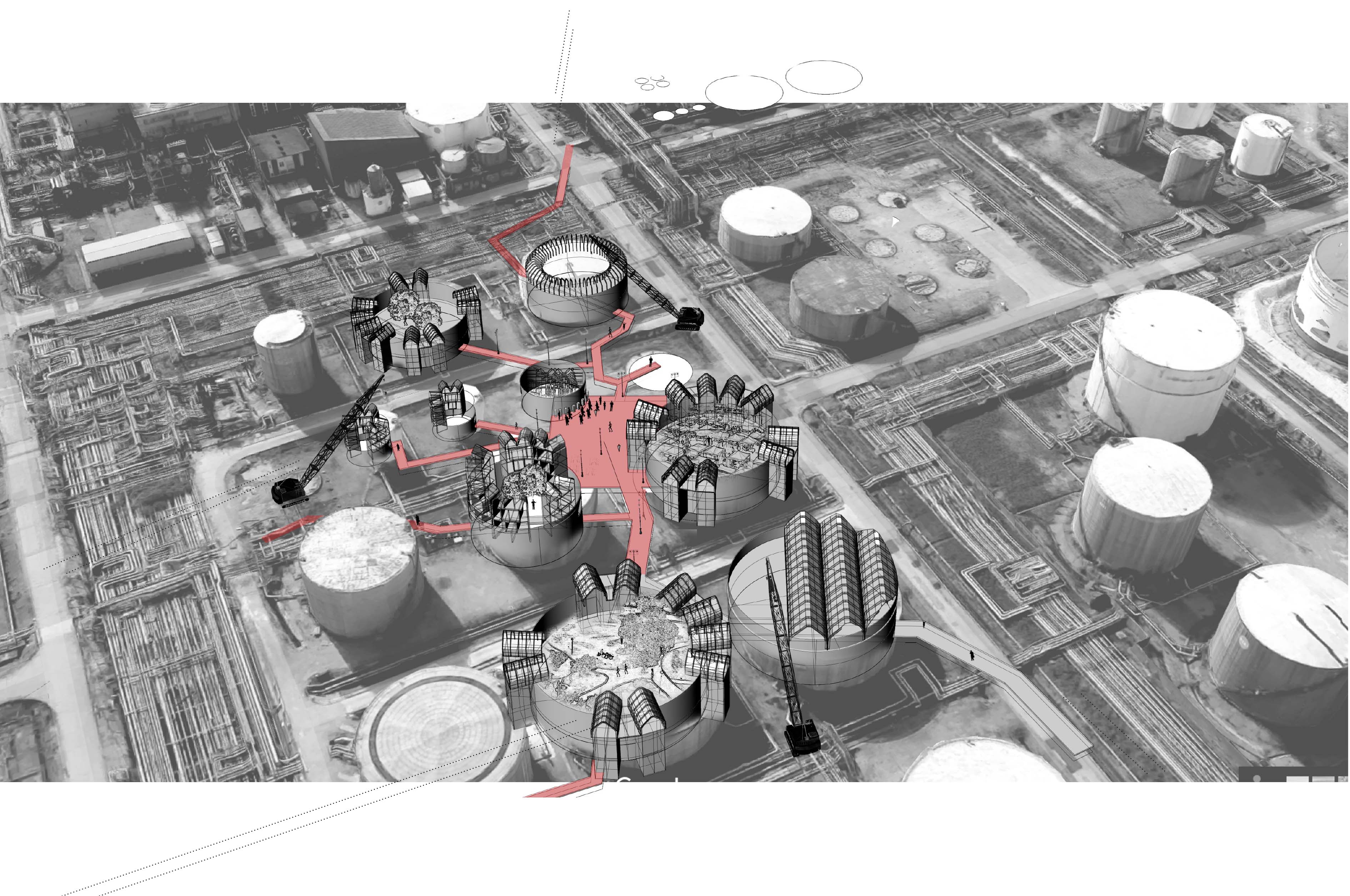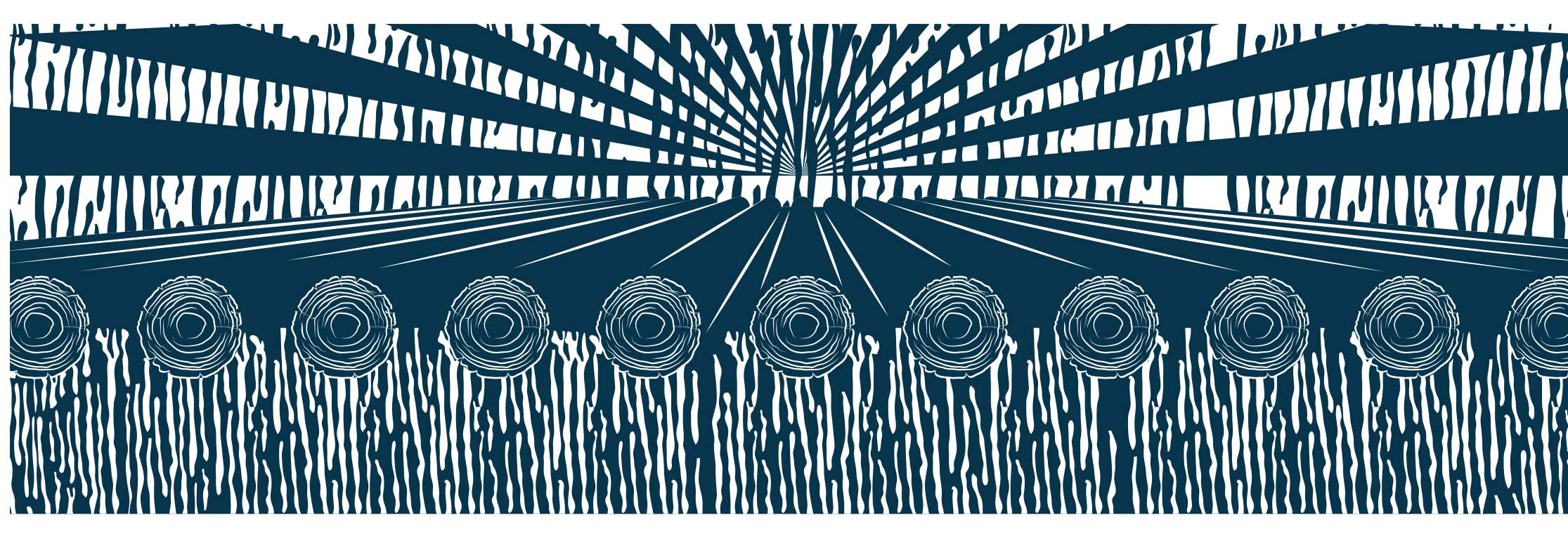Design Studio 12 ARCHIVE
Tutors: Ben Stringer and Peter Barber
Ben Stringer teaches design and cultural context studies at the University of Westminster. Recently he has been publishing articles about architecture and rurality.
Peter Barber has a practice noted for its social housing and urban design projects, mostly around London. He also teaches design studio at the University of Westminster.
Maria Kramer is a practising architect who also teaches design studio and professional practice studies at the University of Westminster.
Thames City Villages / Alterdomesticity 3.0 / India 2.0
Our brief for the year was to imagine and design densely populated and ‘publicly owned’ city island villages in the Thames Estuary, a project that intersects issues of housing, industry, ecology and environment. A key issue for our studio is London’s ridiculous housing shortage, which has to be a catalyst for imagining new and better modes of existence and new ways of designing cities.
Another catalyst for us this year is the construction of the Thames Tideway ‘super-sewer’ which will stop London’s sewage from flowing into the river and bring new life to the estuary ecology. We worked with ideas of ‘public ownership’ and ‘public funding’ and considered alternative socio-economic possibilities for the production of affordable homes and sustainable neighbourhoods. What might architects’ roles be in an evolutionary urbanism that tried to address London’s inequalities and environmental problems on a large scale?
In semester one, we learnt about the Thames estuary, its economy and ecology, the threat of rising water levels, how it has been represented in fiction, about the idealistic settlements that have been built alongside it in the past and about its current demographics. Everyone chose their own site and developed their own variations on the brief and began designing island cities, towns and villages.
In semester two we shifted down scales and paid more attention to the domestic and cultural life of the islands and their relationships with their sites.
Field Trip
Early in semester two we went to the big cities of Delhi, Ahmedabad and Mumbai and learnt from different types of planned, informal and historic urban settlement and housing forms. We also travelled deep into the Maharashtra countryside for an inspiring couple of days at the Jetavan centre in Sakarwadi village. We also went to Tilonia village in Rajashtan to visit the brilliant Barefoot College.










